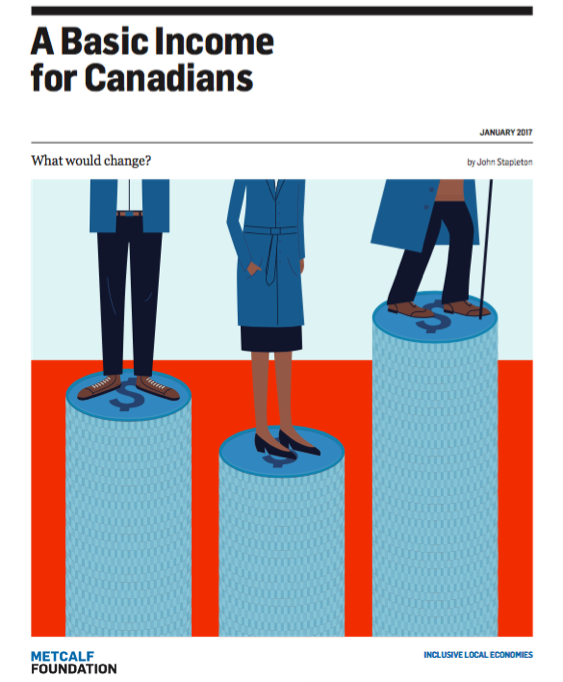The Federation of Canadian Municipalities (FCM) recently announced two new programs that will provide funding, training and knowledge sharing to help Canadian municipalities take action on climate change and strengthen infrastructure planning and decision-making.
The first option, the Municipalities for Climate Innovation Program, is designed to help communities adapt to the realities of climate change, such as extreme storms, colder winters, hotter summers, rising sea levels, flooding and drought. It also provides support to help municipalities reduce greenhouse gas (GHG) emissions and tackle the root causes of climate change. The second option, Municipal Asset Management Program, is designed to help municipalities strengthen asset management practices and make informed decisions about their community’s infrastructure—from roads, to bridges, to wastewater systems.
Funding for plans and studies offered through the Municipalities for Climate Innovation Program will be available in early 2017. More information on the Municipal Asset Management Program will be released in the coming months.


